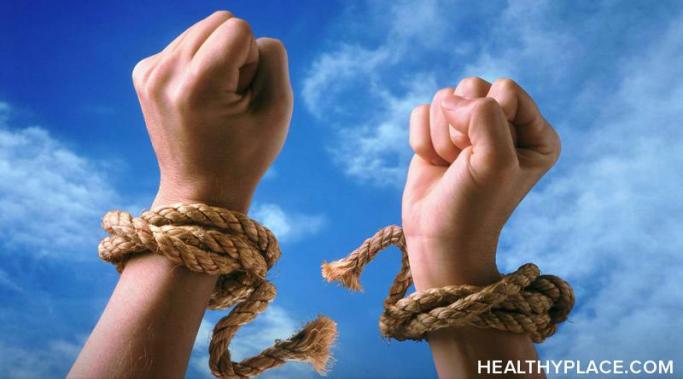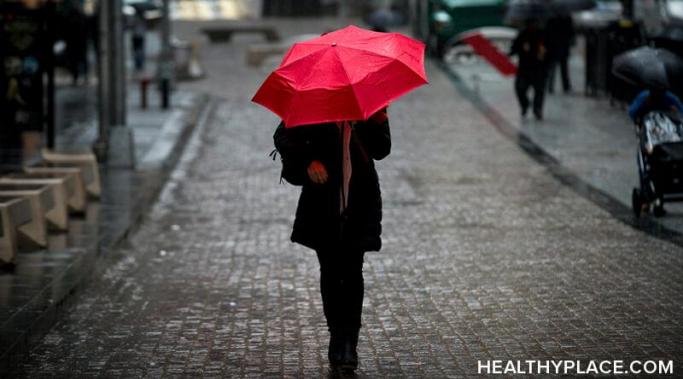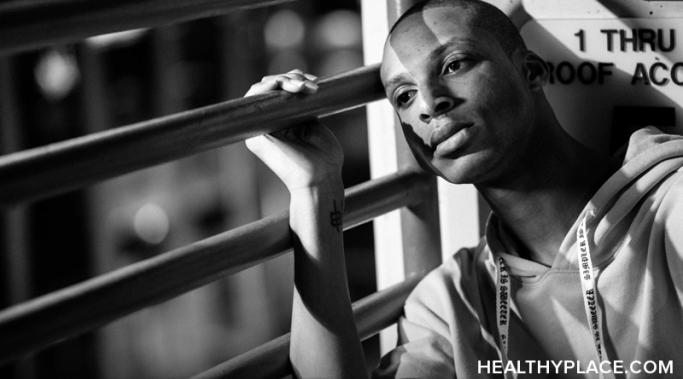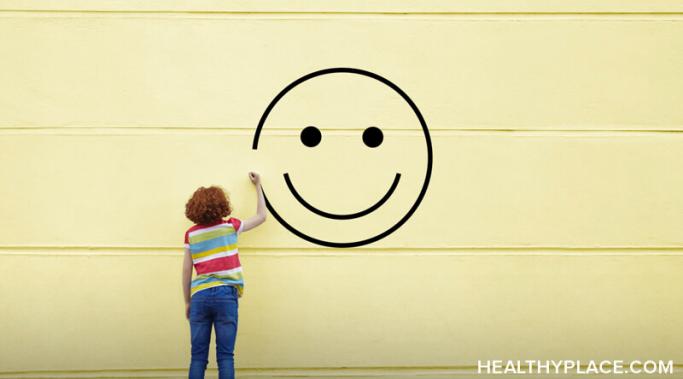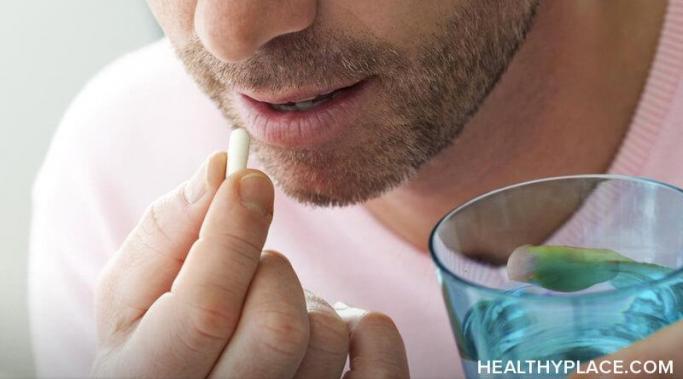I have been taking a poetry class at a nearby university -- one I attended when I was struggling in early recovery. In returning this fall I've had to face fears and past failures.
Recovery Issues
People might think I have my life together, and for the most part, I do. But even after years of recovery, I still struggle. My struggles and how I react to them are different now from when I was first diagnosed, but some days it is painfully clear that recovery is a lifelong battle.
What is the aftermath of toxic relationships? In general, I am a positive person who can see the good in people, but I recently went through a tough situation with a person that left me questioning how I cope with stress and handle social interactions. This person is no longer around me but this situation has had a big impact on my life. I want to share the things that I've learned.
I fake normalcy because having a mental illness is isolating and makes me feel different. Facing the outside world can be difficult. Here are five coping methods (positive and negative) I noticed I do when I leave the house that help me fake normalcy.
I have recently quit drinking. Drinking has negatively impacted my life for the past few months and I decided to stop a couple weeks ago. I am hoping this will put me on a path to a healthier life both mentally and physically.
Do you need some mental health encouragement? Watch this video.
As a mental health worker, I am always concerned about how first responders treat mental health concerns and crises. Two such duties are safety checks and dealing with suicide attempts. (Safety checks are when law enforcement checks on someone who has been reported in danger or will possibly harm himself or others.) Here in Toledo, suicide attempts are taken very seriously by emergency services. However, safety checks are of low priority. (Note: This post contains a trigger warning.)
Let's face it -- getting through the day with a mental illness can sometimes feel like an uphill battle, so having good mental health habits is priority one. My biggest challenge is avoiding stress-induced mental illness symptoms. It helps to go day-by-day, step-by-step, and to remember my priorities. Here are a few everyday habits I have developed to keep my recovery on track.
Remembering my medication at this point in my life and mental health recovery is very important. I accept that I need psychiatric medication to function. That can be a hard thing to admit sometimes. I'm at a place where I have a lot going on in my life and I feel it would fall apart if I didn't take my medication. Long story short -- my medication is extremely important.
Depression in recovery often presents very differently compared to untreated depression, but that doesn't mean that the struggles aren't valid. It means that as symptoms improve and you find healthy coping mechanisms, your depression will start to manifest in different ways.


